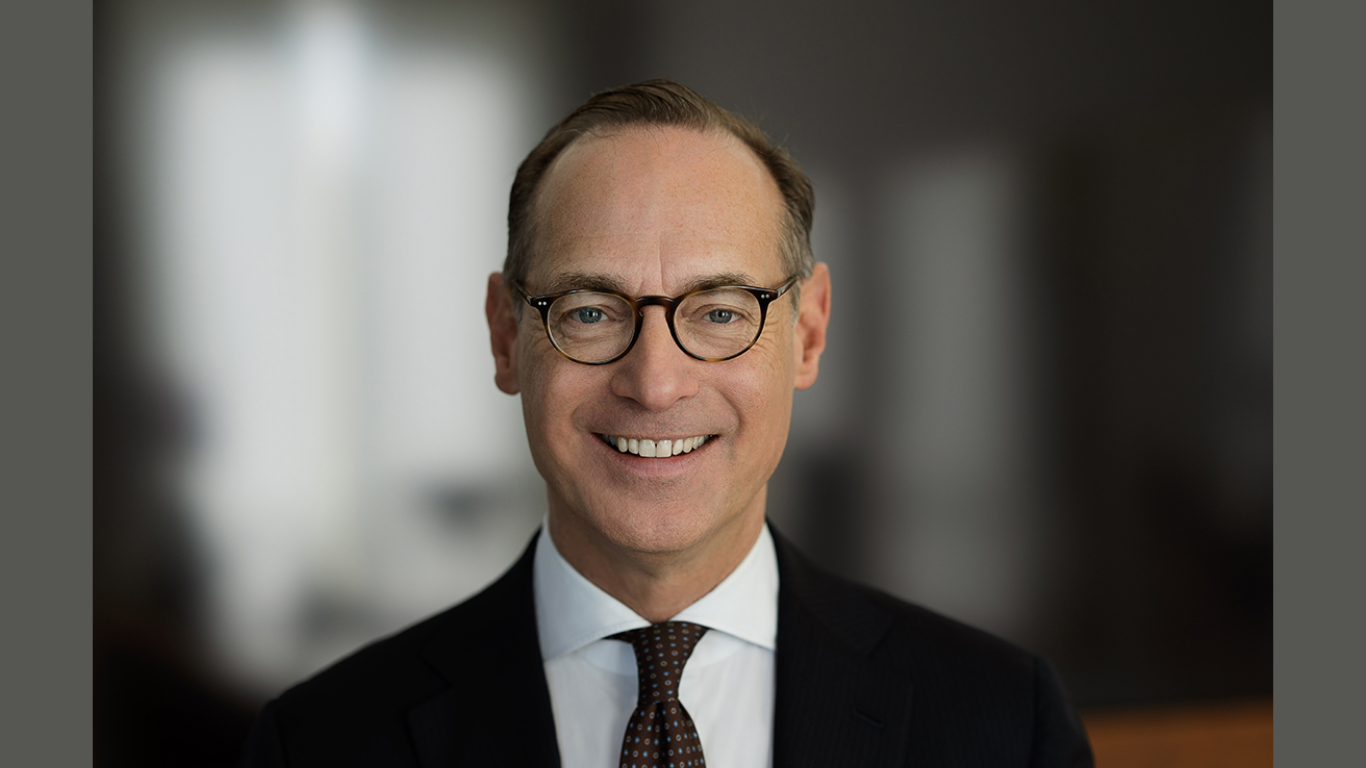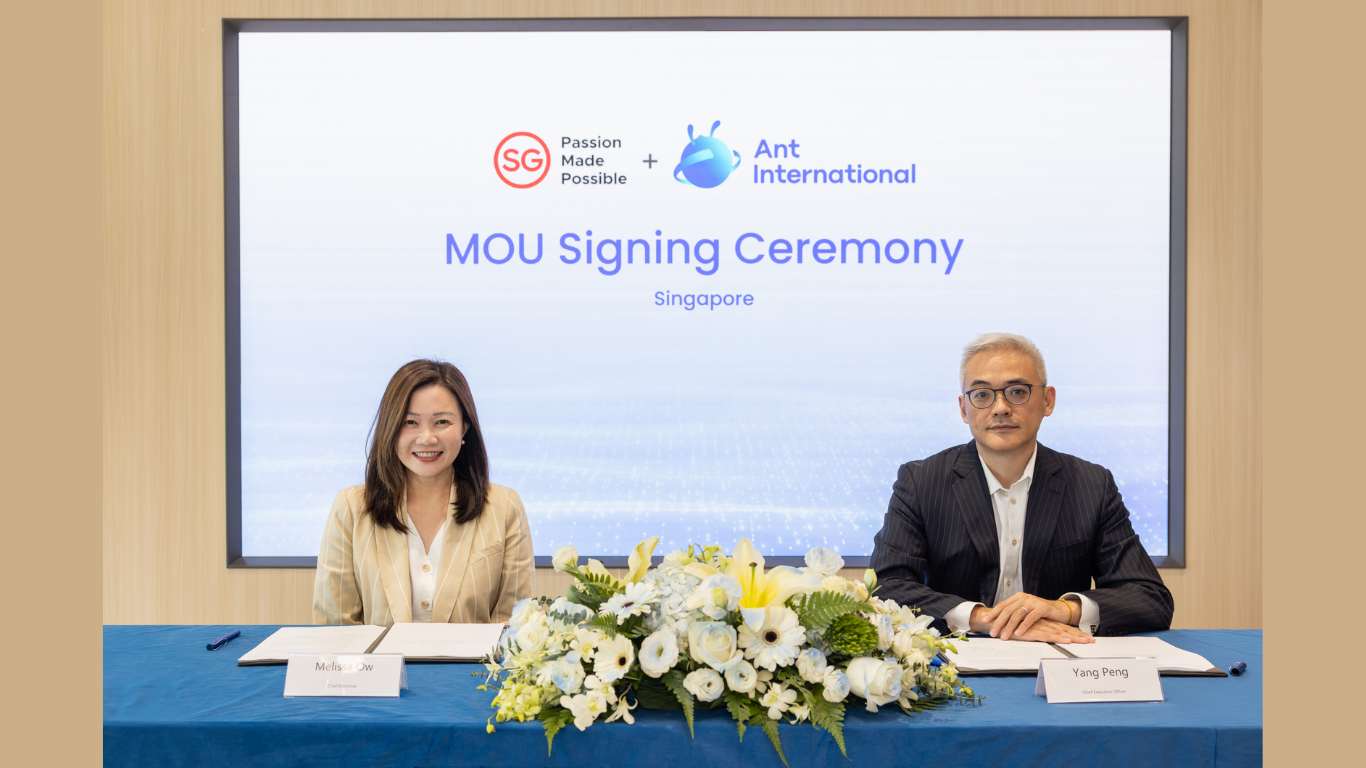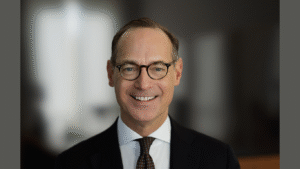Every professional faces moments when unplanned challenges threaten to derail progress. Whether it’s a demanding project, workplace pressure, or personal setbacks, the ability to recognize and manage risks determines long-term success. Building a career takes more than skill, it requires foresight, emotional balance, and adaptability. By identifying potential pitfalls early, professionals can protect their growth and maintain steady progress toward their goals. The key lies in balancing ambition with awareness and using strategies that strengthen both resilience and focus.
Recognizing the Impact of Personal and Environmental Factors
Career success often depends on more than job performance. Personal health, relationships, and emotional well-being directly influence professional output. High stress, exhaustion, or unhealthy coping habits can gradually erode motivation and concentration. Professionals who neglect self-care or delay addressing personal struggles may find their performance slipping without realizing why.
Many individuals experiencing burnout or dependency benefit from seeking structured recovery support. For example, California detox facilities provide specialized care that helps professionals regain clarity and restore balance before re-engaging fully in their careers. Recognizing when to step back for recovery is not a setback, it’s a strategic decision to preserve long-term performance. Sustainable success grows from mental and physical wellness, not from constant overextension.
Assessing Career Risks Through Strategic Awareness
Every field carries unique risks that can stall advancement. Market fluctuations, company restructuring, or technological changes can shift career paths overnight. Staying informed about industry trends and potential disruptions builds the ability to anticipate and adapt. Continuous learning ensures professionals remain relevant even as environments evolve.
Creating a habit of strategic awareness means regularly evaluating personal goals in the context of changing circumstances. Professionals might identify weak points such as overreliance on one client, outdated skills, or inconsistent networking. By acknowledging these risks early, it becomes easier to take proactive steps like reskilling, diversifying income sources, or expanding professional networks. Awareness transforms uncertainty into opportunity.
Setting Clear and Measurable Goals
Unclear or unrealistic objectives often lead to frustration and wasted effort. Setting defined, measurable goals creates focus and accountability. Professionals should break large ambitions into smaller, manageable milestones with specific timelines. Tracking progress provides motivation and allows early detection of potential setbacks.
A structured plan brings clarity to daily decision-making. Each step, whether enrolling in a course, completing a certification, or improving leadership skills, should move closer to a long-term vision. Written plans act as both a guide and a reminder of priorities, reducing the risk of distraction or burnout. When goals remain visible and actionable, progress becomes more consistent and predictable.
Maintaining Professional Integrity Under Pressure
Workplace challenges often test personal values. Deadlines, competition, and external expectations can create pressure to compromise ethics or take shortcuts. While such choices may offer short-term relief, they often carry long-term consequences that damage reputation and credibility. Maintaining integrity under stress strengthens trust among colleagues and clients.
Developing a reputation for reliability and honesty builds lasting professional relationships. People prefer working with those who demonstrate consistency, even during difficult situations. Staying grounded in personal principles ensures that professional achievements remain both meaningful and respected. Integrity protects against the kind of risks that can undermine years of hard work.

Building Strong Support Networks
No career thrives in isolation. Mentors, colleagues, and peers play crucial roles in offering feedback, encouragement, and perspective. A well-rounded support network helps professionals navigate tough decisions and stay aligned with their goals.
Networking should extend beyond immediate colleagues. Industry associations, alumni groups, and online professional communities provide access to new opportunities and knowledge. Seeking constructive criticism strengthens decision-making, while sharing experiences with others builds confidence and perspective. Strong relationships often become the most valuable form of career insurance during unpredictable times.
Managing Stress Through Sustainable Habits
Stress management remains one of the most underestimated elements of professional success. Long-term pressure without healthy outlets can lead to emotional fatigue and physical decline. Establishing daily habits such as regular exercise, proper sleep, and mindfulness practices keeps energy levels stable.
Taking short breaks, scheduling vacations, or dedicating time to hobbies may seem counterintuitive during busy periods, but they often improve performance afterward. Small adjustments to work routines, like organizing tasks by priority or setting clear boundaries, prevent overload. Consistency in these habits builds the endurance required for sustained professional achievement.
Professional growth depends on the ability to anticipate, respond, and recover from risks that threaten progress. Success is never the absence of difficulty, it’s the mastery of response. By maintaining personal health, cultivating integrity, setting clear goals, and embracing adaptability, professionals can turn obstacles into stepping stones.
Article received via email































